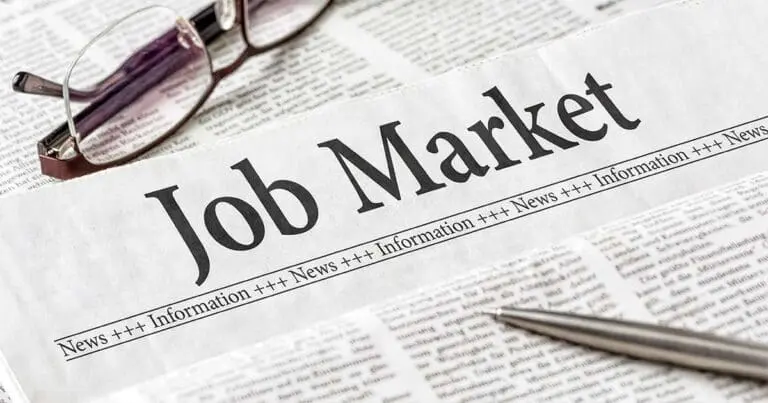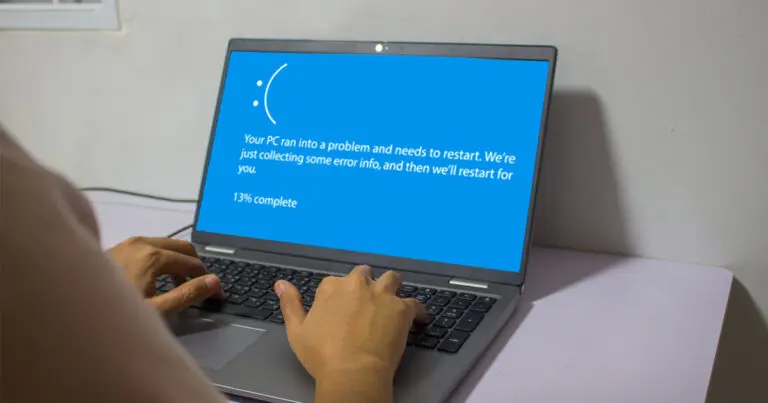Is AI to Blame for Job Mismatches? AI-Crafted Resumes & the Interview Dilemma

In today’s rapidly evolving job market, the role of artificial intelligence (AI) in recruitment is both celebrated and scrutinized.
As an account manager at Mondo—a national staffing agency specializing in Tech, Digital Marketing, and Creative role placement— I’ve witnessed firsthand the transformative power of AI in streamlining the hiring process.
But with this transformation comes a new set of challenges—most notably, the question of whether AI is contributing to a growing disconnect between candidates’ resumes and their actual qualifications.
So recently, I’ve been asking myself…
Are hiring and HR professionals, setting themselves up for mismatches by unknowingly relying on AI-enhanced resumes that candidates can’t back up in interviews?
The importance of digging deeper
When starting a search with a hiring manager, understanding their backstory is key.
What pain points are you facing? Tell me about the candidates you met that weren’t the right fit.
But recently, I’ve noticed a concerning trend that hiring managers are sharing: candidates appearing impressive on paper but struggling to articulate their experiences in an interview.
The hiring managers have questioned…
Is AI behind these well-crafted resumes, leading to mismatches during interviews?
Putting AI to the test
After multiple instances across various roles and skill levels, I decided to test AI myself.
Requesting a resume for a specific job title within a particular industry yielded an outstanding result … within seconds.
AI sent me a resume for an all-star candidate, one I would have eagerly contacted if they had applied to my job opening.
While I was impressed with the quality and blown away by the possibilities that this could bring job seekers, it got me thinking about what this could mean for the future of hiring processes overall.
The AI-resume paradox: a double-edged sword
The advent of AI in resume building has been a game-changer for job seekers, particularly those who may struggle with self-promotion or resume formatting.
AI tools can analyze job descriptions, pull relevant keywords, and craft a resume that stands out to both Applicant Tracking Systems (ATS) and hiring managers alike.
This technological advancement levels the playing field, allowing more candidates to get their foot in the door.
However, there’s a flip side to this AI-enhanced resume revolution.
While these tools can create a resume that looks great on paper, they don’t prepare candidates for the interview process.
The result?
A candidate who seems perfect on paper but can’t effectively communicate their skills or experience in person, leading to a mismatch and frustration on both sides of the hiring equation.
Are we becoming over-reliant on AI?
This brings us to a crucial question…
Are we becoming too reliant on AI to assess candidate potential?
The very tools designed to help us identify the best talent might also be contributing to the problem of job mismatches.
It’s essential to consider whether AI is inadvertently prioritizing surface-level qualifications over deeper, more meaningful indicators of a candidate’s potential.
At the same time, it’s worth acknowledging the positive impact AI has had on the hiring process.
The ability to quickly sift through thousands of resumes and identify top candidates based on specific criteria is invaluable.
The challenge lies in finding a balance—using AI as a tool to enhance the recruitment process, not replace human intuition and judgment.
The role of the interview in bridging the gap
Given these concerns, the interview process becomes even more critical.
It’s the stage where we, as hiring professionals, can dig deeper, asking candidates to elaborate on the experiences and skills highlighted in their AI-crafted resumes.
Behavioral questions, practical tests, and real-time problem-solving scenarios can help reveal whether a candidate truly possesses the expertise their resume suggests.
As recruiters and hiring managers, it’s our responsibility to ensure that we don’t rely solely on AI to make decisions.
By taking a holistic approach to hiring—one that combines the efficiency of AI with the discernment of human judgment—we can better match candidates with roles that suit their true abilities and potential.
An ongoing conversation about AI in recruitment
The role of AI in recruitment is a topic that invites ongoing discussion and reflection.
While AI can certainly enhance the hiring process, it’s crucial to remain vigilant about its limitations.
As we navigate this new landscape, the key is to strike a balance—leveraging AI’s strengths while ensuring that human intuition and thorough interviewing remain central to our hiring practices.
Only then can we avoid the pitfalls of AI-driven mismatches and ensure that the candidates we bring on board are truly the right fit for the roles we’re filling.
Looking to hire top-tier Tech, Digital Marketing, or Creative Talent? We can help.
Every year, Mondo helps to fill over 2,000 open positions nationwide.
More Reading…
- Employee Wellbeing Programs: Best Practices
- How to Create a Talent Pipeline in a Competitive Market
- How AI is Transforming the Healthcare Industry and What the Future Holds
- The Growing Importance of Embracing Neurodiversity in the Workplace
- 8 Traits of “Good Bosses” People Want to Work For
- Preparing for Gen Alpha: the Next Generation of Workers
- Why Is Diversity in Leadership Important? Top Benefits & Strategies
- CrowdStrike Outage Highlights Importance of Incident Response Planning
- How to Attract Top Talent with a Strong Employer Brand
- How to Measure and Improve Remote Employee Productivity



